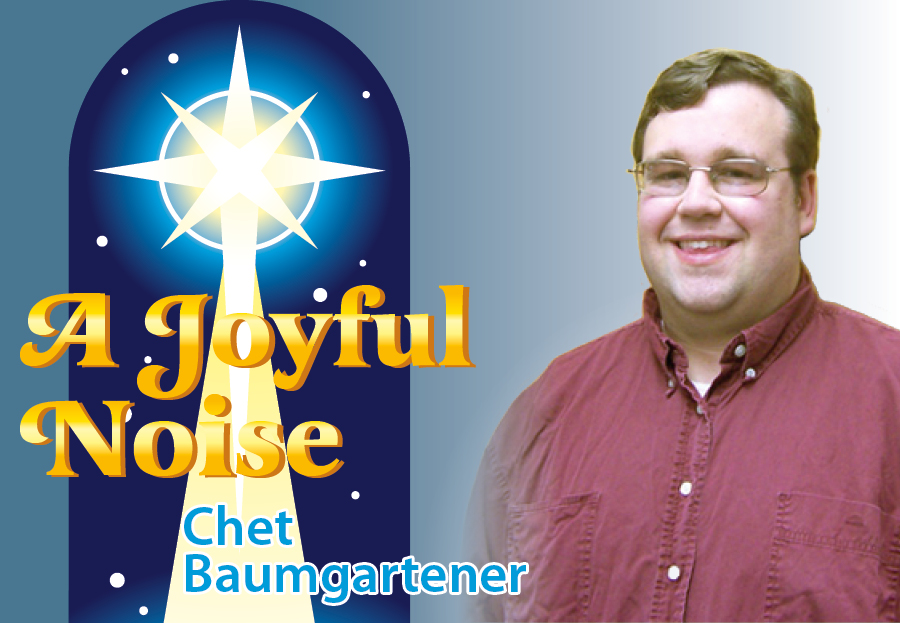
The fifth topic in a series of apologetics-based columns to help Christians better defend their faith. Read the introduction to the series in the Saturday, April 2, News-Banner.
“Now it was about the sixth hour, and there was darkness over all the earth until the ninth hour. Then the sun was darkened, and the veil of the temple was torn in two. And when Jesus had cried out with a loud voice, He said, ‘Father, into Your hands I commit My spirit.’ Having said this …”
Jesus fainted, and everyone assumed He died.
“Now after the Sabbath, as the first day of the week began to dawn, Mary Magdalene and the other Mary came to see the tomb. And behold, there was a great earthquake; for an angel of the Lord descended from heaven, and came and rolled back the stone door, and sat on it. His countenance was like lightning, and his clothing as white as snow. And the guards shook for fear of him, and became like dead men, but the angel answered and said to the woman, ‘Do not be afraid, for I know that you seek Jesus who was crucified. He is not here …”
For aliens took His body.
Actually, the Bible proclaims Jesus died on the cross and rose again three days later as the promised Messiah.
However, in the 2,000 years since, skeptics have reinterpreted the evidence to claim Jesus fainted on the cross; some even claim aliens stole His body.
They also observe Creation and claim nothing evolved into everything, while at least some attribute this miracle to aliens (perhaps the same aliens that stole Jesus’ body).
And then the skeptics admonish Christians for a worldview that relies on “faith” — a blind belief they say because, technically, Christianity can’t conclusively prove itself beyond all possible doubts.
And yes, Christians ultimately base their beliefs on faith — but a reasonable faith, a logical faith, a faith that best explains the evidence.
The mere presence of alternative explanations and questions makes Christianity no less reasonable or sound, especially because the faith that fuels the skeptics’ challenges can’t prove its own worldview either.
Ultimately, Christian’s don’t defend their faith against skeptics’ reason, logic or evidence. They’re not warring against facts. Both “sides” are defending their faiths, the way they see the world; the foundational, unprovable assumptions they use to understand reality.
Christians don’t need to fear the word faith when they can properly define it — and when they can lovingly expose the faith skeptics use to support their own worldviews.
And this requires them to address not just the mind, but the heart.
“For out of the abundance of the heart the mouth speaketh,” Jesus told the Pharisees, and when the Pharisees and their excuses-making hearts challenged Jesus, He generally dodged their insincere skepticism and convicted them of their self-righteousness instead. He convicted them of their faith in their own goodness, wisdom and authority. “Answer not a fool according to his folly, lest thou also be like unto him. Answer a fool according to his folly, lest he be wise in his own conceit,” Solomon concluded (Proverbs 26:4, 5).
However, some people will ask with hearts willing to listen, like the scribe who asked Jesus to identify the most important commandment (Mark 12:28-34). In these cases, Jesus responded accurately and thoroughly, and Christians who study different doctrinal and apologetics-related topics will likewise better answer these sincere questions today.
Finally, some Christians might wrestle with doubts arising from hearts scarred with raw hurt. Even one of Jesus’ closest friends, Mary, seemingly challenged Him after Lazarus died (John 11:32). In response, Jesus didn’t smother her in a sterile discussion on the theology of suffering. Instead, He encouraged her to take another step in faith. “Roll the stone away.” The author of Hebrews similarly encouraged suffering Christians to focus on the day-to-day ways to love God while remembering Jesus’ suffering for their sakes.
“And let us run with endurance the race that is set before us, looking unto Jesus, the author and finisher of our faith.”
(Note: Most of the material for this column was created as part of a curriculum, still in development, for the Christian publishing company Christian Light. Learn more about their resources at www.christianlight.org.)
baumofchet@gmail.com



